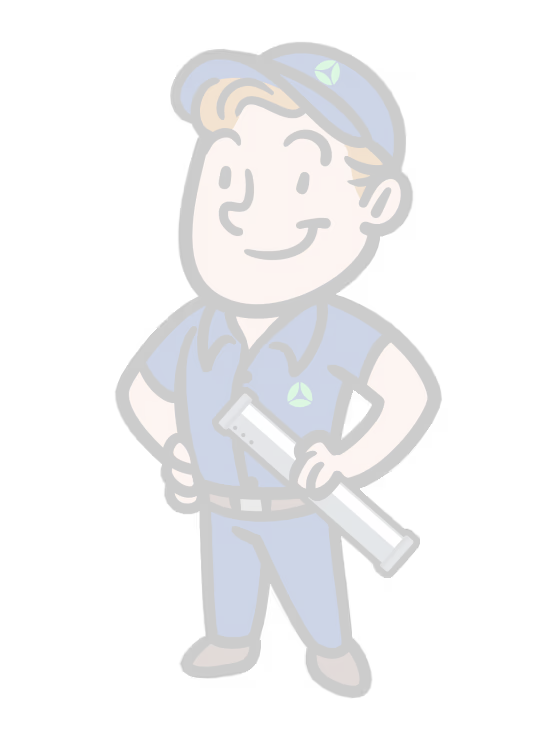HVAC FAQs
Heating, ventilation, and air conditioning (HVAC) systems are essential for maintaining comfortable indoor environments. They regulate temperature, humidity, and air quality, ensuring a pleasant atmosphere in homes and businesses.

HVAC stands for heating, ventilation, and air conditioning system. It refers to all the components that control heating and cooling in residential and commercial buildings.
Your home’s heating and air conditioning system helps in maintaining acceptable indoor air quality and thermal comfort.
An HVAC system may make a humming sound when one of the key components is loose or off. For example, a lax refrigerator piping will generate vibrations that sound like buzzing noises. Even though minimal vibrations are nothing to be worried about, if these vibrations are due to a faulty part that remains unchecked for too long, it can lead to much more serious and expensive maintenance problems. Then, ensure you service your HVAC system regularly. And call a certified service technician to inspect and fix abnormal noises from the HVAC system.
Buying the right AC size for your home is crucial in keeping you and your family comfortable. For, an oversize AC will use more energy and generate excessive humidity. Likewise, an air conditioner that is too small will struggle to cool the room. Then, start by knowing the size of your home or room. Next, determine the AC’s cooling capacity for the intended space. Follow the guidelines on BTUs per square footage as indicated in the user manual. Then, increase or reduce the BTU by 10 percent for receiving full sunlight or shade, respectively.
Indoor air quality is the quality of air within and around a building. It indicates how healthy and comfortable the buildings or structures are for their occupants. The most common units of measurement for indoor air quality are micrograms per cubic meter (µg/m3), parts per million (ppm), and parts per billion (ppb). And American Conference of Governmental Industrial Hygienists (ACGIH) recommends 25 ppm for an 8-hour workday as the acceptable indoor air quality.
Airborne pollutants and contaminants can affect indoor air quality in your home. Then, be on the lookout for the following triggers and indicators of poor indoor air quality:
Frequent allergy attacks, especially in children
Ongoing building renovations in the surrounding environment
Poor air circulation in the home
Home appliances using combustible energy
Excessive humidity in the home
Use of nicotine or tobacco products in the house
Modern air conditioning models should last for 15 to 20 years. If your house has the older versions, they should last for 10 to 12 years. Still, always look for any signs of wear and tear. Consult an expert technician for regular repairs and maintenance.
There are lots of things you can do to keep your electricity bills in check. Here are some tips: Turn off any heating or central air conditioning system when not in use, Use a programmable thermostat to switch off your HVAC system automatically, Fix any hot water leak, Keep the oven door closed when cooking, Minimize using the oven, electric or grill in your kitchen during summer, Keep your refrigerator air-tight to optimize its energy, De-select the expensive heat-dry setting on your dishwasher, Install energy-saving smart bulbs with motion detectors, Opt for smaller electrical appliances, Install a dimmer and a smart plug, Unplug electronics currently not in use, Replace your high energy-consuming electronics with eco-friendly ones, Use cold water for your laundry, Air dry your laundry, Carry out regular repairs and maintenance to avoid energy drain from faulty components
Install a whole-house humidifier in your home if it is prone to dry air. This installation can prevent you from getting dry skin, stuffy nose, or chapped lips, especially during the dry winter months. Whole-house humidifiers maintain optimum humidity levels in your home all year round.
It takes 1-2 days to install a new HVAC system depending on the complexity of the equipment. Still, the HVAC technician may spend more time if there is a need for modifications to the ductwork, electrical system, and gas lines.
Servicing an air conditioning system entails cleaning the air filter, fin, AC condenser, evaporator coil, and evaporator fan. Also, the service technician cleans and checks the drain for any leakage. And this expert ensures the coolant is at the ideal level. Finally, there is a general inspection of all the key components of the air conditioner.
Once every three months, depending on usage.
Repair your central air conditioning every time you notice signs of wear and tear. Second, install a new air conditioning system to upgrade your worn-out or outdated model. And carry out regular maintenance service to get the best value from your investment in the air conditioning system.
What Our Clients
Say About Us
Our clients consistently praise our dedication and expertise. They appreciate our commitment to meeting their needs and providing sound advice, which has fostered long-lasting relationships.
SERVICE AREAS
We proudly serve clients throughout our surrounding communities, delivering reliable service wherever you need us. No matter the location, our team is committed to the same high-quality results and responsive support.


